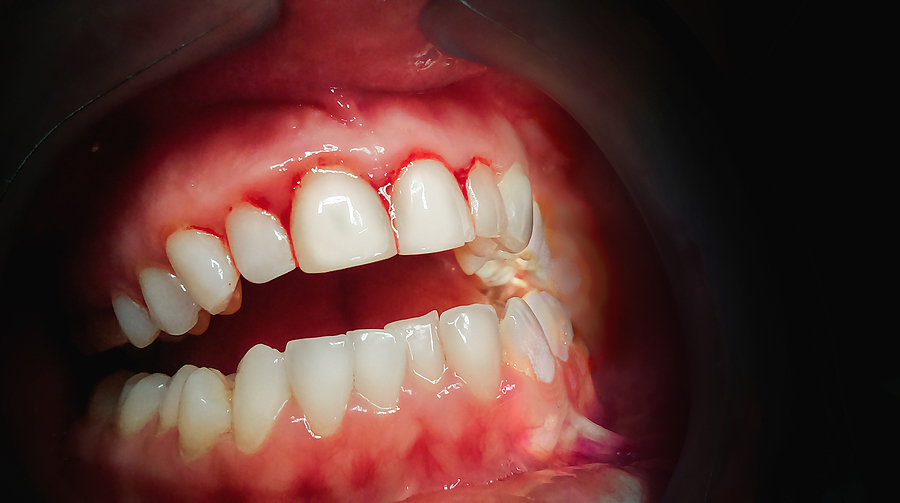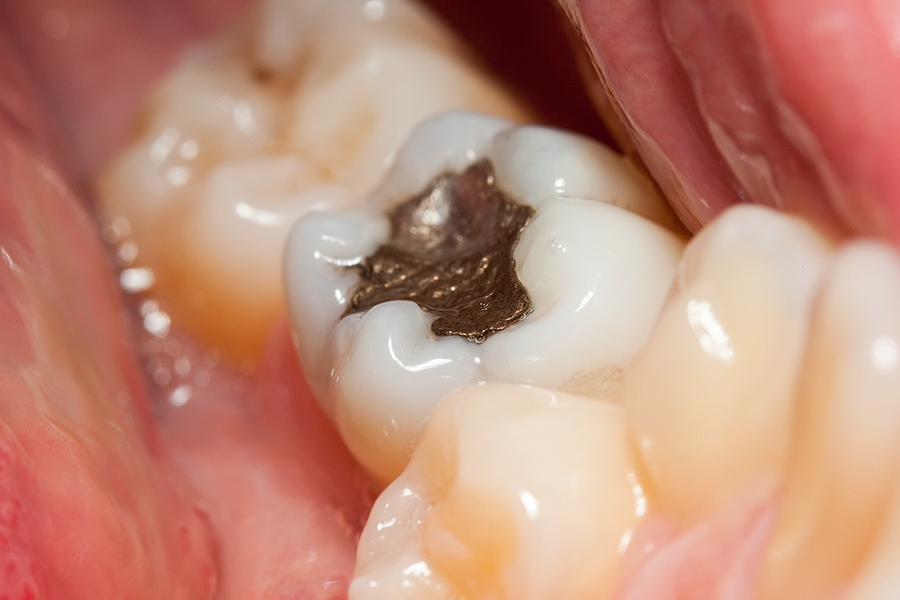Don’t Fear the Root Canal: How Modern Dentistry Makes It Easier
Posted by Richard Wuerker Apr 17, 2025

Root canals often carry a stigma that can make even the bravest patient feel uneasy. The mere mention of this procedure might conjure images of pain and discomfort, leading many to avoid seeking necessary dental care. But here’s the truth: modern dentistry has transformed root canal therapy into a manageable, even comfortable experience. If you find yourself dreading the thought of a root canal in Fort Collins, CO, it's time to shift your perspective. Let’s explore how advancements in technology and techniques have made this treatment more accessible than ever before!
The History Of Root Canals And Common Misconceptions
Root canals have a surprisingly long history, dating back to ancient civilizations. Archaeologists discovered evidence of tooth treatment as far back as 5,000 years ago in Egypt. Early practitioners used rudimentary tools and methods that were often painful and ineffective.
Over the centuries, root canal procedures evolved significantly. In the 19th century, dentistry began incorporating anesthesia, which made treatments less daunting for patients. Sadly, many misconceptions about root canals still linger today.
A common belief is that these procedures are excruciatingly painful. In reality, modern techniques focus on minimizing discomfort through advanced anesthesia options. Another myth suggests that root canals lead to infections or other health issues; however, research consistently shows they can save teeth from extraction when done correctly.
Understanding these outdated notions helps demystify the process and encourages individuals in Fort Collins to seek necessary dental care without fear.
Advancements In Technology And Techniques
Modern dentistry has transformed the root canal experience dramatically.
- New technologies have streamlined procedures, making them quicker and more efficient. Digital imaging allows for precise diagnostics, ensuring that no issues go unnoticed.
- Laser therapy is another exciting advancement. It not only reduces discomfort but also minimizes recovery time. This means less anxiety about post-procedure pain.
- Moreover, advancements in anesthesia techniques ensure patients feel little to no sensation during their treatment. Sedation dentistry offers a comfortable option for those with dental phobias.
- Additionally, specialized instruments make it easier to navigate intricate tooth structures. These tools enhance the effectiveness of cleaning the infected area while preserving healthy tissue.
With these innovations, what was once seen as a daunting procedure has become far more manageable and even routine in many practices today.
Benefits of Modern Root Canal Procedures
Modern root canal procedures offer numerous benefits that make the experience more manageable and effective.
- One significant advantage is the use of advanced imaging technology, allowing dentists to pinpoint issues with greater accuracy.
- Additionally, contemporary anesthetics are less invasive and more effective than ever. Patients often feel minimal discomfort during the procedure, which can significantly alleviate anxiety about visiting the dentist.
- The materials used in modern treatments have also improved substantially. Dentists now utilize biocompatible materials that promote healing while providing lasting protection for your tooth.
- Furthermore, shorter appointment times mean you spend less time in the dental chair. Many patients find they can return to their daily activities almost immediately after treatment.
- These advancements collectively enhance patient comfort and increase the success rate of root canal therapy, ensuring you're back on track toward optimal oral health quickly. Contact us to learn more.
What to Expect During A Root Canal
During a root canal, you can expect a well-planned procedure that prioritizes your comfort. First, your dentist will administer anesthesia to numb the area around the affected tooth. This ensures you feel little to no discomfort.
Once you're comfortable, they'll create an opening in the crown of the tooth. Using specialized tools, they’ll carefully remove infected pulp and clean out the inner chambers.
Throughout this process, many patients report feeling little more than pressure rather than pain. With advancements in technology like digital imaging and rotary instruments, procedures are often quicker and more efficient.
After cleaning and shaping is complete, your dentist will fill the space with a biocompatible material to prevent future infection. You'll receive instructions on aftercare for optimal recovery at home.
Tips For Coping With Anxiety Or Fear Of The Procedure
Feeling anxious about a root canal is completely normal. Here are some practical tips to ease that fear.
- First, communicate openly with your dentist. Sharing your concerns can help them tailor the experience to meet your needs. They may offer options for sedation or other techniques to ensure you feel comfortable.
- Consider deep breathing exercises before and during the appointment. Slow, deliberate breaths can calm your mind and body. Visualization techniques work well, too; imagine yourself in a peaceful setting while the procedure takes place.
- Bringing someone along for support can also make a significant difference. Having a trusted friend or family member by your side provides comfort and distraction.
- Educate yourself about the procedure beforehand. Understanding what happens during root canal therapy often demystifies it, reducing anxiety significantly. Knowledge is empowering!
Aftercare and Follow-up Appointments
After your root canal therapy, proper aftercare is essential for a smooth recovery. Expect some tenderness or mild discomfort in the treated area. Over-the-counter pain relievers can help manage any soreness you might experience.
Maintaining good oral hygiene is crucial during this time. Gently brush and floss around the treated tooth to keep it clean without causing irritation.
Follow-up appointments are equally important. Your dentist will monitor healing and determine if further treatment, like a crown placement, is necessary to protect the tooth's integrity.
Don’t hesitate to contact your dental office if you notice unusual symptoms such as severe pain or swelling. Open communication with your dentist helps ensure everything goes smoothly and supports optimal healing after your procedure.
Conclusion
Maintaining good oral health is essential for overall well-being. Regular dental check-ups and timely interventions, such as root canal therapy in Fort Collins, CO, can save you from more significant issues down the road. Avoiding necessary procedures out of fear or misunderstanding often leads to more extensive treatments later on.
Root canals are no longer the dread-inducing experience they used to be. With modern techniques and technology, these procedures have become much easier and less painful than ever before. So, when faced with a recommendation for a root canal, consider it an opportunity rather than a setback.
Taking care of your teeth is not just about filling cavities or cleaning plaque away; it's about preserving your quality of life. A healthy mouth contributes significantly to confidence and comfort in daily activities like eating or speaking. By prioritizing dental health and accepting necessary treatments promptly, you're investing in yourself—your smile will thank you!
If you're looking for top-quality dental care in Fort Collins, CO, consider visiting our experienced team at Boardwalk Dental. We're here to help keep your smile bright and your gums healthy! Call us at (970) 407-8080 or visit our dental office at 140 Boardwalk Dr., Fort Collins, CO 80525, to learn more.
Office Hours
MON8:00 am - 5:00 pm
TUE8:00 am - 5:00 pm
WED8:00 am - 5:00 pm
THU8:00 am - 5:00 pm
FRI8:00 am - 1:00 pm
SATClosed
SUNClosed








